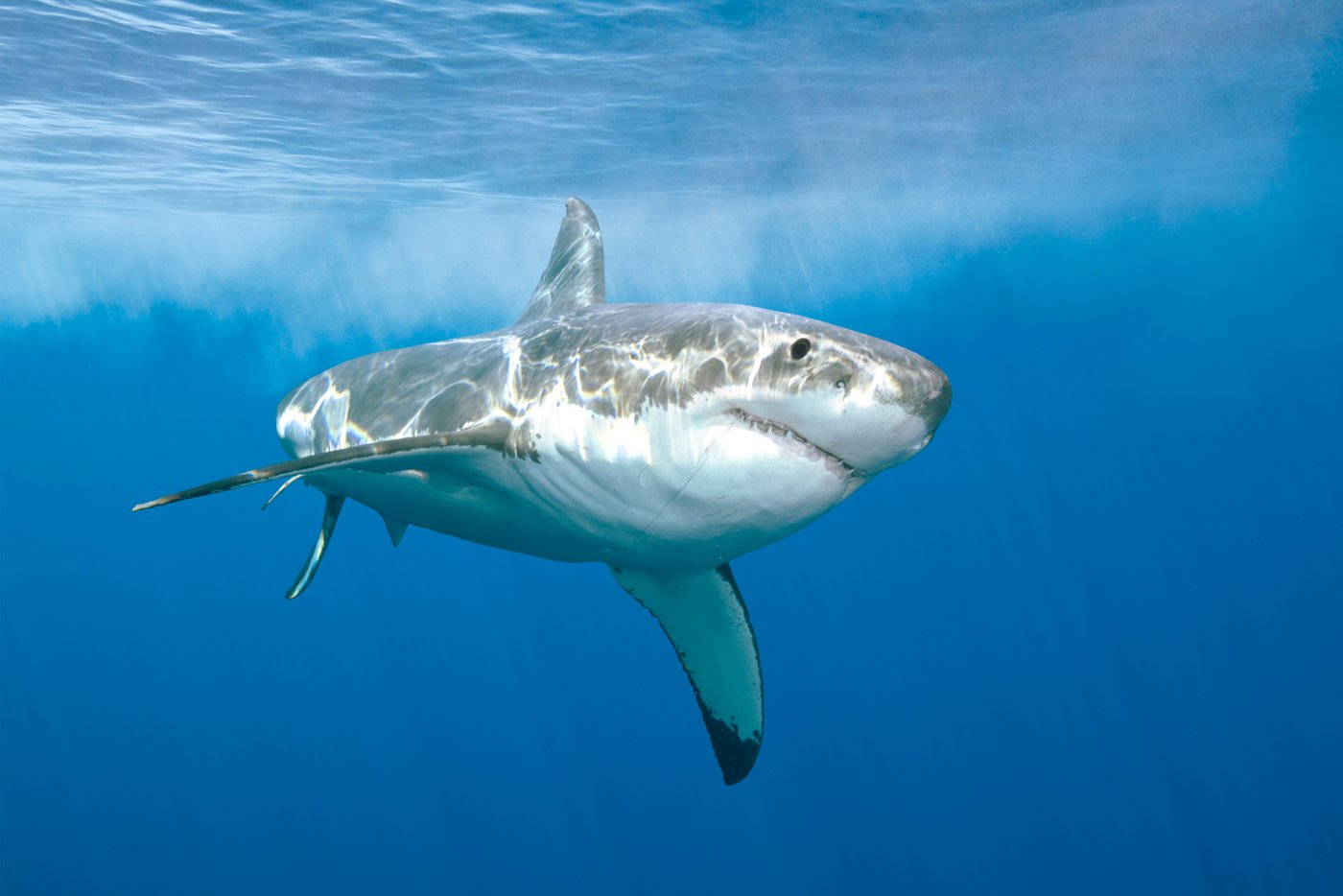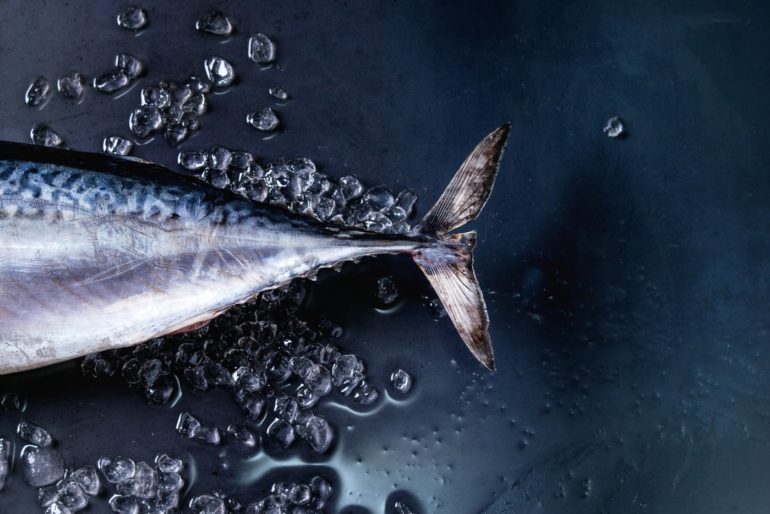How many shark attacks are there each year?
If you are planning a beach vacation, you’ve probably wondered: Should you be worried about shark attacks? Really — how common are they?
The short answer: Shark attacks are not as common as you might think.
Despite the huge amount of publicity any such incidents receive online and off, in any given year — and on average — there are about 100 reported instances of sharks attacking humans around the world. Of those, approximately five per year worldwide are fatal.
Shark bite statistics
Dangerous shark attacks can happen in both saltwater and freshwater, but the majority of attacks happen in the ocean waters around the coast of Florida, for an average of 24 per year. Other attack hotspots include Hawaii, the California coast — and the place with far more fatalities from shark bites than any other area: Australia.
Florida Museum of Natural History keeps the International Shark Attack File, which shows current and historical attack trends in the USA and around the globe — see it here. (For a little more of a historical perspective, you can check out this story from our partner site: Man-eating shark attacks on the New Jersey shore made headlines nationwide back in 1916.)

Shark bait: Why do sharks bite people?
There are two main categories of human encounters: unprovoked (that happens within the shark’s natural habitat and there’s been no intentional interaction with the shark) and provoked attacks when a person attempts to engage with a shark in some way.
Attempts to understand the “why” of shark bites are complicated by some significant challenges, notes a fact sheet published by the State of Hawaii, namely:
- We don’t have a very good understanding of shark behavior in general, and trying to extend what little we know of normal behavior to rare and unusual behaviors, like bites on humans, is difficult.
- There is considerable variation in the behavior of sharks — not only of different species, but also among individuals within a species, so attempts to generalize shark behavior have serious limitations. People who spend a lot of time studying sharks in the wild often comment on their behavioral differences. Certain sharks seem to be very cautious and wary when approaching potential prey items, whereas others of the same species are much more aggressive.
- Scientists usually have no idea what a shark was doing in the moments just prior to biting someone. Therefore, in most cases, it’s impossible to even speculate on what led up to the incident.

Shark attack prevention
There are some steps you can take to avoid a shark attack when one is in the water — however, do be warned that there is no way to completely eliminate risk… except to not swim when sharks are — or may be — present. (Tip: Swimming pools typically do not have sharks. Just sayin’.)
Some things you can keep in mind
- Avoid water at dawn, dusk, or night when sharks tend to feed.
- Avoid swimming alone, and if possible avoid being on the edge of a group.
- Avoid wearing shiny jewelry, bright swimsuits/clothing, and having tan lines — all of which are known to attract sharks.
- Sharks tend to hang out near steep dropoffs and between sandbars — stay away from these areas.
- Refrain from excess splashing and keep pets out of the water — they move erratically, and can attract sharks.
- This seems obvious, but we’ll say it anyway — if you are bleeding from an open wound or menstruating, don’t even go in the water.
- One more obvious one — don’t antagonize, poke, prod, tease, or otherwise mess with the shark(s).
This is by no means a complete list, but it certainly covers some of the most common situations. (See more ways to reduce the odds here.)
Again, if sharks are sighted in the area, the safest and only guaranteed way to keep from getting bitten is simply, well — as they said in the classic movie Jaws: don’t go in the water.
What should you do, or not do, if you see a shark in the water? The first tip offered in the International Shark Attack File is to stay calm and maintain your position as quietly as possible, with the hope that any sharks will decide to leave. Get more advice for divers encountering a shark here.







